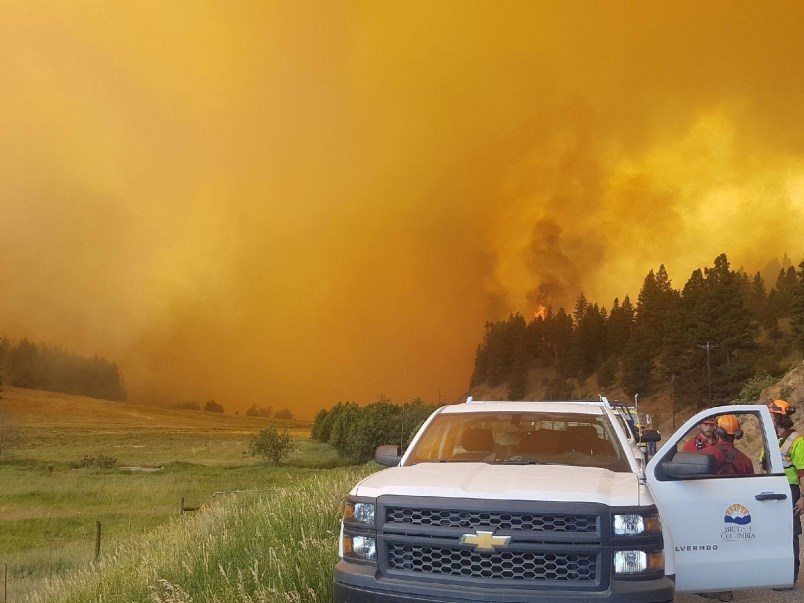The summary of a massive United Nations assessment released this week concludes we’re in deeper trouble than we thought.
Dramatic human-caused changes to the natural world have resulted in a million plant and animal species now at risk of extinction.
Land use change, exploitation of resources and climate change have been pointed to as major contributors to this loss.
But while Bengal tigers and coral reefs face more immediate risks, there’s much at stake for humanity. The assessment points to a strong connection between the loss of biodiversity and human well-being.
Land degradation and the decline of bees threaten crops. The loss of mangroves increases the chance of flooding.
Change has been more dramatic in other areas of the world. But we are hardly immune.
Think back to stories of salmon so plentiful, old-timers swore they could walk on their backs. Compare that to the plight of the chinook today. Consider the wary sense with which we now eye the summer forecast, leery of the smoke and ash that might rain down.
In 2018 alone, there were deadly heatwaves across Europe and Southeast Asia, while North America battled floods and wildfires. That pattern doesn’t appear to be changing.
For too long we’ve believed in betterment by consumption and that the world we knew will always be with us.
But the scientists say that is no longer so. Transformative thought and action is needed to save the natural world and in doing so, give a fighting chance for humans as well.
What are your thoughts? Send us a letter via email by clicking here or post a comment below.



